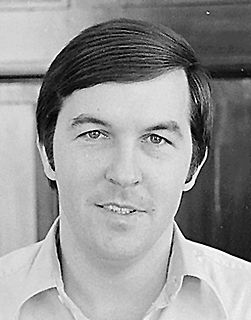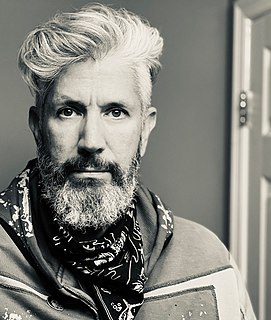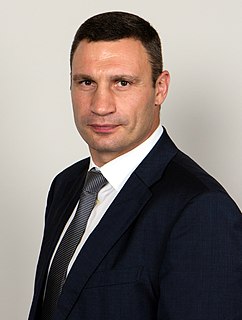A Quote by Dave Barry
I say we scrap the current system and replace it with a system wherein you add your name to the bottom of a list, and then you send some money to the person at the top of the list, and then you... Oh, wait, that is our current system.
Related Quotes
I think that if you have a single payer system and an opt-out for people who want to pay more [for better service, etc.], I think it would be better - and I think we'll eventually get there. It wouldn't be better at the top - [our current system] is the best in the world at the top. But the waste in the present system is awesome and we do get some very perverse incentives.
While I haven't read economist Robin Hahnel's work, replacing capitalism would be at the very bottom of my list of priorities - to be considered only after everything else had been tried. Improving our capitalistic system however, is at the top of my list and is of course the major theme of "The Battle for the Soul of Capitalism."
There are regulators at the SEC and elsewhere who are really excited about the potential of the blockchain. They understand you can build a robust financial system - it would solve all your black swan problems. All kinds of mischief and games that are played in the current system become impossible in this system.
The current public television and radio system in the United States, while it's better than nothing, that's about the best you can say about it. It's nowhere near the standard it needs to be for our society, and we've got to make a commitment to rethink the system altogether. You know, just giving more money to what exists on PBS now would be not great; we've got to have a new vision of PBS.
When I launched the development of the GNU system, I explicitly said the purpose of developing this system is so we can use our computers and have freedom, thus if you use some other free system instead but you have freedom, then it's a success. It's not popularity for our code but it's success for our goal.
An axiomatic system comprises axioms and theorems and requires a certain amount of hand-eye coordination before it works. A formal system comprises an explicit list of symbols, an explicit set of rules governing their cohabitation, an explicit list of axioms, and, above all, an explicit list of rules explicitly governing the steps that the mathematician may take in going from assumptions to conclusions. No appeal to meaning nor to intuition. Symbols lose their referential powers; inferences become mechanical.
Our current criminal justice system has no provision for restorative justice, in which an offender confronts the damage they have done and tries to make it right for the people they have harmed. [...] Instead, our system of "corrections" is about arm's-length revenge and retribution, all day and all night.
What I really think is that our current model of copyright is fundamentally broken. We badly need to replace it with a different system for remunerating creators, which gets it the hell out of the face of the public (who were never aware of it to begin with in the pre-internet dead tree era). Unfortunately, the current copyright model is enshrined in international trade treaty law, making it almost impossible to work around.

































